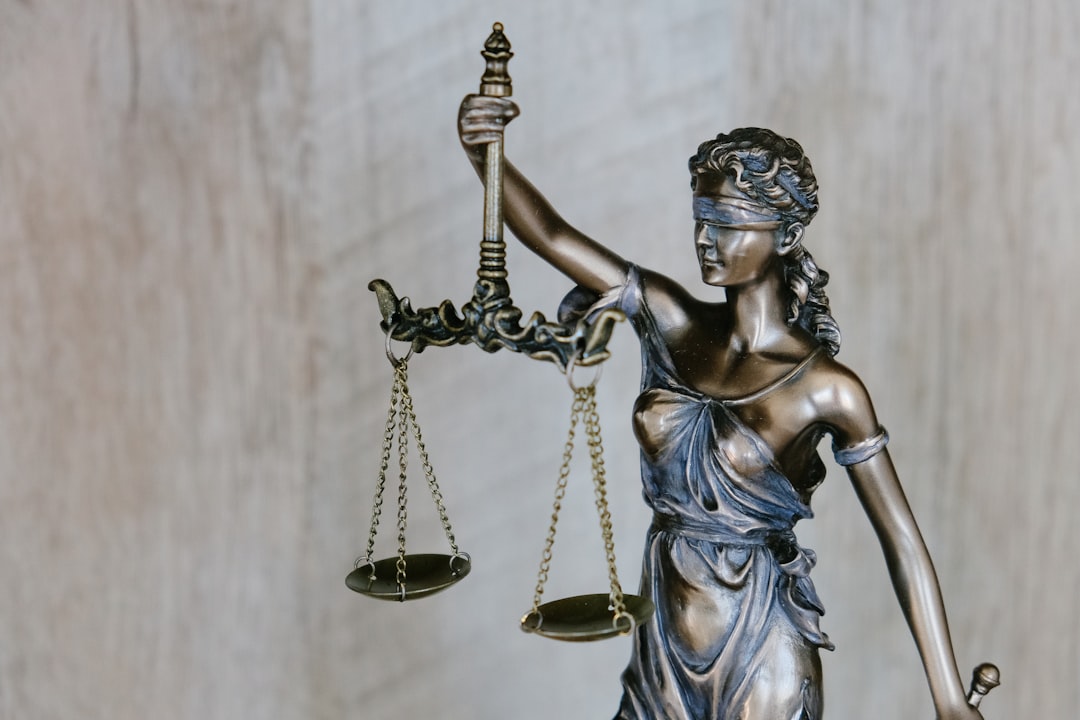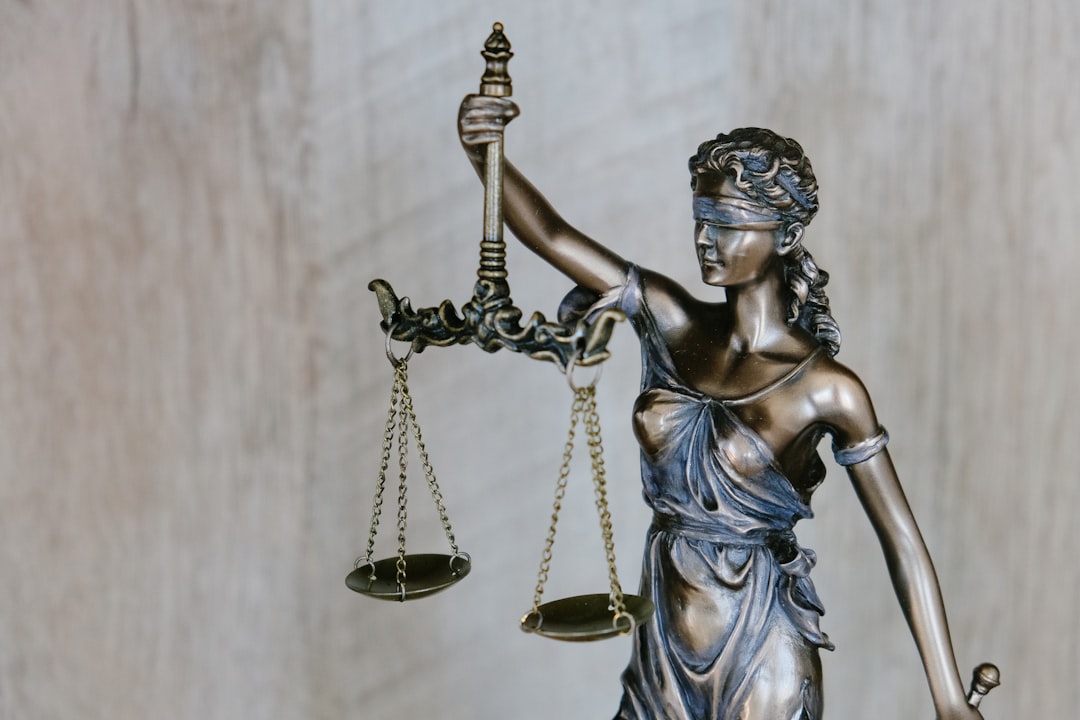In Connecticut, navigating complex rape laws demands the expertise of a seasoned attorney. This article delves into the crucial role an experienced rape lawyer plays in the state’s courtrooms, offering vital guidance to survivors. We explore the intricacies of Connecticut’s rape legislation, qualifications for top-tier legal representation, and the profound impact of advocacy in these sensitive trials. Success stories highlight how skilled lawyers ensure justice is served, providing a beacon of hope for victims. Discover why choosing the right rape lawyer in Connecticut is indispensable.
Understanding Rape Law in Connecticut

In Connecticut, rape is defined as a sexual act committed without the consent of the victim, using force or coercion. A skilled rape lawyer in Connecticut understands the intricacies of this law and plays a crucial role in navigating complex legal procedures surrounding such cases. The state’s criminal code outlines specific elements that must be proven to secure a conviction, including lack of consent and the use of force or threats.
A rape trial can be emotionally taxing for victims, making it essential to have a lawyer who is experienced, empathetic, and adept at handling sensitive matters. The attorney’s role involves investigating the case, gathering evidence, interviewing witnesses, and constructing a compelling legal argument to ensure that justice is served. They must also be well-versed in state laws and any recent amendments or interpretations that could impact the outcome of the trial.
Qualifications for an Expert Rape Lawyer

When looking for a lawyer to represent you in a rape trial in Connecticut, it’s crucial to choose an expert with proven experience and specialized knowledge. An ideal candidate for this sensitive case should possess advanced legal education, focusing on criminal law and sexual assault cases. They must have a deep understanding of Connecticut’s laws and regulations pertaining to rape, including the rules of evidence and procedures unique to these trials.
Additionally, an experienced rape lawyer in Connecticut should maintain an excellent track record of successful defenses, demonstrating their proficiency in navigating complex legal scenarios. Their expertise should encompass effective cross-examination strategies, expert witness management, and a keen eye for identifying potential weaknesses in the prosecution’s case. Such qualifications ensure that your trial is handled with both skill and sensitivity.
The Role of Legal Advocacy in Rape Trials

Legal advocacy plays a pivotal role in rape trials, and an experienced rape lawyer in Connecticut is instrumental in ensuring justice for victims. These attorneys specialize in navigating the complex legal system and advocating for the rights of survivors. They guide clients through every step, from initial consultations to trial, providing support and strategic guidance.
An effective rape lawyer in Connecticut collects and presents evidence, challenges the prosecution’s case, and argues for a fair verdict. Their expertise lies in understanding the emotional toll on victims and advocating for their needs within the legal framework. By employing strategic tactics, these lawyers aim to secure favorable outcomes, offering much-needed relief and closure to survivors of sexual assault.
Success Stories: Navigating Connecticut's Courtroom

In the intricate landscape of Connecticut’s legal system, a skilled rape lawyer is often the crucial element in securing justice for survivors. With a deep understanding of state laws and procedural nuances, these attorneys navigate the complex tapestry of courtroom procedures, ensuring every detail is accounted for. Their expertise includes meticulous case preparation, effective cross-examination of witnesses, and persuasive closing arguments, all tailored to the unique circumstances of each rape trial.
Many success stories attribute their positive outcomes to the tireless efforts of experienced rape lawyers in Connecticut courts. These advocates not only protect the rights of survivors but also challenge evidence, confront biases, and dismantle systemic barriers. Their work reverberates beyond individual cases, fostering a culture where justice is served with integrity and compassion for all victims seeking redress in Connecticut’s legal system.





